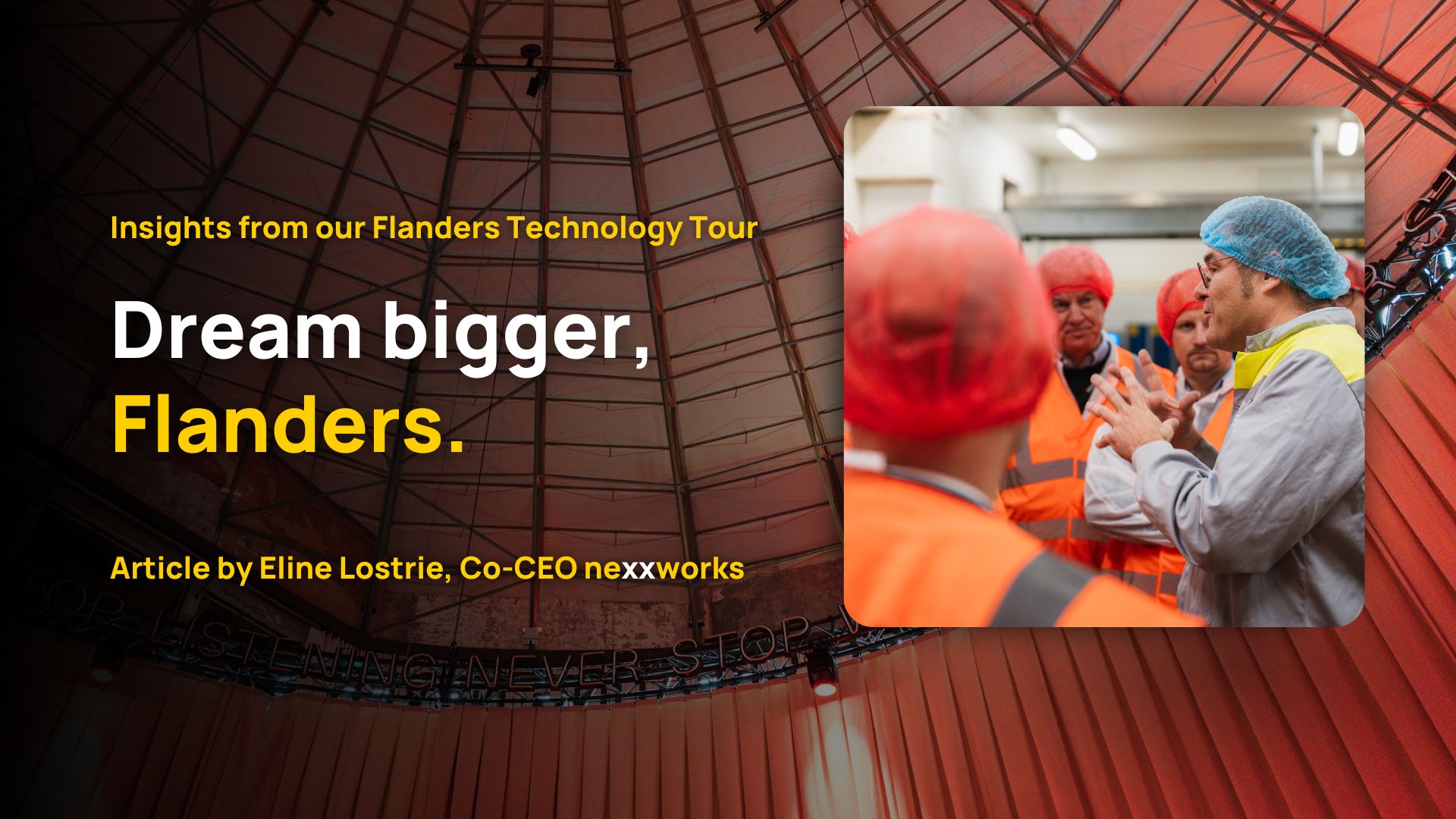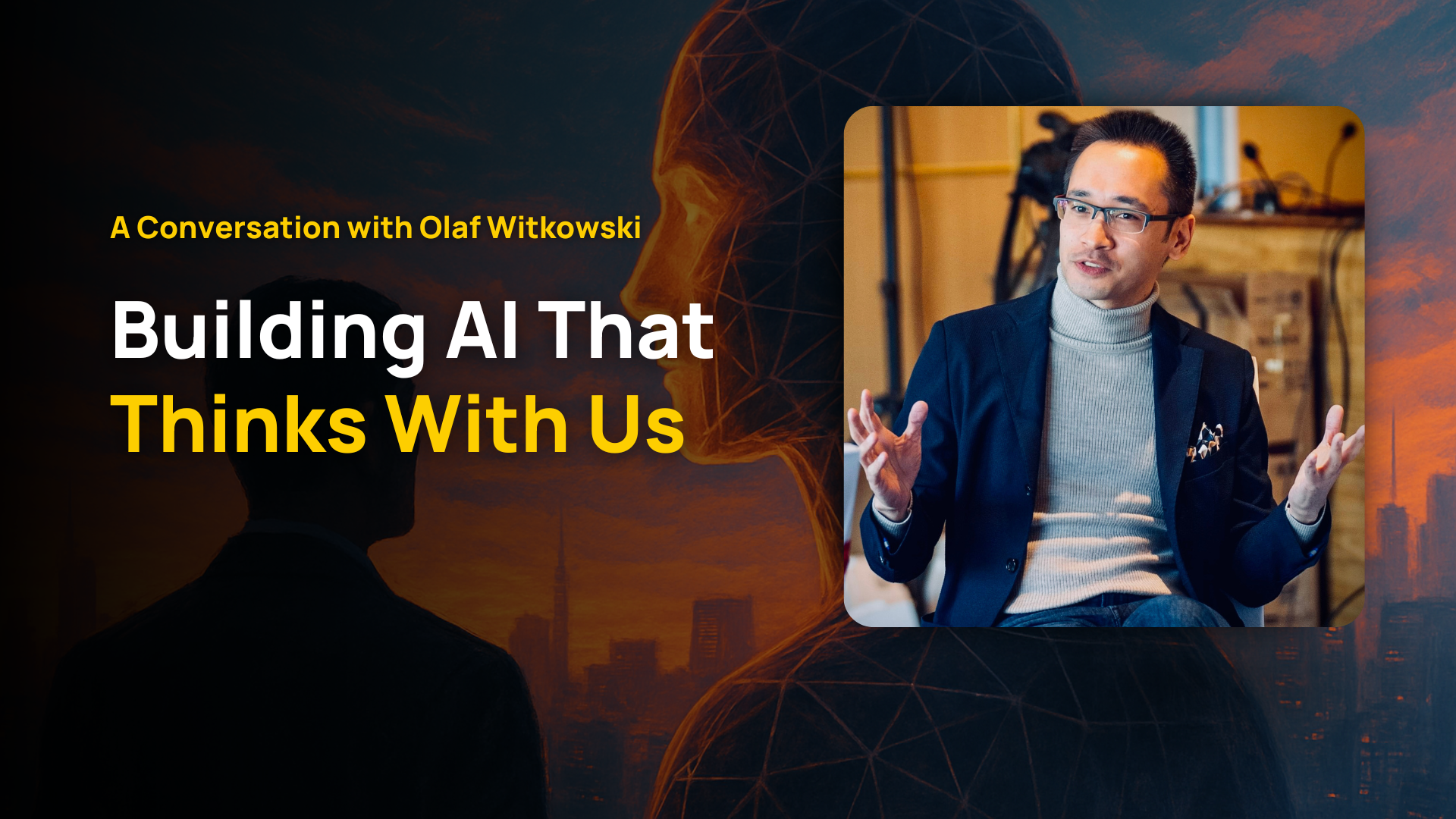The new frontier in leadership: Will the regenerative leaders please stand up
“It is just not possible to do business in a way that is good for the climate and environment” is still the belief system of many business leaders. The real...

"By my own definition, I am a plunderer of the Earth and a legal thief. Some day people like me maybe put in jail" speaks Ray Anderson to a room full of CEOs. With this short quote, Ray Anderson, the CEO of Interface, a multinational carpet tile manufacturer, highlights the major root causes of the current crises eloquently: companies have been regarding the planet as a giant resource provider and waste dump, exploiting her to the brim and unleashing massive amounts of pollutants in the air, soil and water with no regard whatsoever that the earth is a living system where everything is connected and where the health of the subsystem (you) is directly related to the health of the whole (biosphere - The film Dark waters illustrates this brilliantly).
When Anderson realized that his business was part of the problem, he set the company on an extraordinary and ambitious quest to eliminate all negative impact by 2020. And while the rest of the industry looked on with skepticism, Interface did just that. They cut back greenhouse emissions and waste with almost 100% showing the rest of the business world that it is not only possible, it is also good for business. And now that they achieved their goal, they developed a new mission that goes even further: they want to become a company that creates a climate fit for life by shifting the focus from doing less bad (reducing negative impact) to doing good (creating positive impact).
What sets Ray‘s leadership style apart from the still dominant ‘no can do’ leadership style when it comes to doing business in a way that is not harmful to the environment and climate is that it is underpinned by
- the belief that business-as-usual is not the only way.
- the understanding that environmental impact and internal innovation culture are very much linked.
- and by a deep trust in the collective intelligence of the workforce.

Moreover, Ray’s leadership shows unprecedented courage as he not only publicly acknowledged the company’s responsibility in creating the conditions for decline and deterioration on our planet, he also had the guts to embark on a challenging transformation journey. A journey that involved his shareholders, employees, supply chain actors and customers. And biologists of course, because many of the strategies that helped Interface achieve its goals were inspired by nature. This story of business transformation is unparalleled so it is no wonder it caught the attention of film makers who visualized the remarkable story in the movie BeyondZero which won several awards.
Unfortunately, this type of leadership is still scarce in the world of business. The bottom-line is still the predominant adagio. “It is just not possible to do business in a way that is good for the climate and environment” is still the belief system of many business leaders. But as the example above shows, the question is no longer “can it be done?”. The real question is, can we find the will and guts to do it? And that is exactly where today’s leadership runs short.
If you look at the state of the world, where not only tech is having exponential impacts, the climate extremes are also growing exponentially (just think of the extreme flooding in Belgium and Germany this year), it becomes clear that we need a new model of corporate leadership. One that is fit to address the huge challenges before us, that knows how to navigate increased complexity, volatility and ambiguity and one that is empowered by extraordinary will and courage to keep going even if the going gets tough. To move forward, leaders will need to acquire a deep understanding of how life works because the machine logic of the Industrial Age is not suited to understand what is happening and why. It is simply impossible to solve the problems of today with the same thinking that created them. Earth is not a machine (non-linearity rules), there is no away (eco-toxicity reduces the health, vitality and viability of all living things) and nothing exists in isolation from all the rest (you can have all the wealth of the world but that will not help you on a dying planet).
On the contrary, planet Earth is a living system that abides to other rules than those promoted in the industrial world. Living systems are interconnected, relational and ever-evolving (ever-changing). The fundamental rule for long term success in an ever-changing world is to leave the planet better off than before. The more we understand the dynamics of living systems, the better we will become in identifying patterns and trends, in understanding systemic shocks and the root causes of crises and turbulence. The more we apprehend how life works, the better we will be able to anticipate change, identify the nodes for intervention and our role in the transformation process. Because, unknowingly, we have created ‘the perfect conditions’ for degeneration —a process of decline and deterioration. Degeneration decreases health, quality of life, species richness, and ability to survive.
Now, that we finally understand how life works - for the life that prevails over millions of years of change and disruption is the life that creates conditions conducive to life - we can knowingly create the ‘right enabling conditions’ for regeneration. Regeneration is the process of renewal that leads to a higher order of health, wealth, vitality and viability. To leave the planet better than we found her, just like the survival champions in nature have been doing for millions of years. Because, if it is not regenerative, it is terminal. While old school leadership multiplied and promoted processes of degeneration, a new leadership style can do the opposite. Regenerative leadership comes from a deep sense of responsibility and a ‘yes we can’ attitude. It is fueled by hope, not fear. It is not coming from a place of alienation but from a place of trust and love, not from a place of scarcity but from a place of abundance, not from a place of human exceptionalism (Anthropocentrism: humans on top) but from a place of interbeing (Biocentrism: humans as part of nature). It is powered by a resolute will to become the change we want to see and grounded in the quality of leadership consciousness that understands how life works (not just systems but livingsystems thinking) from a big history perspective (multi-generational).
Like Hutchins & Stormeloquently illustrate in their book: regenerative leaders replace the outdated organisations-as-machine logic with a living systems worldview. Leading organisations-as-living-systems is the only way that ensures ingenuity, adaptability and agility in a world that is constantly changing. Because volatility, chaos and turbulence sure are on the rise. And current leadership models are inadequate to lead organisations through such troubled waters. Especially because they come from a place where the future is something that happens, not something that is created. This is what sets regenerative leaders apart from the others: they see their role and acknowledge their responsibility in the unfolding of the future, and they are bold enough to take a stance. Can the regenerative leaders please stand up?







